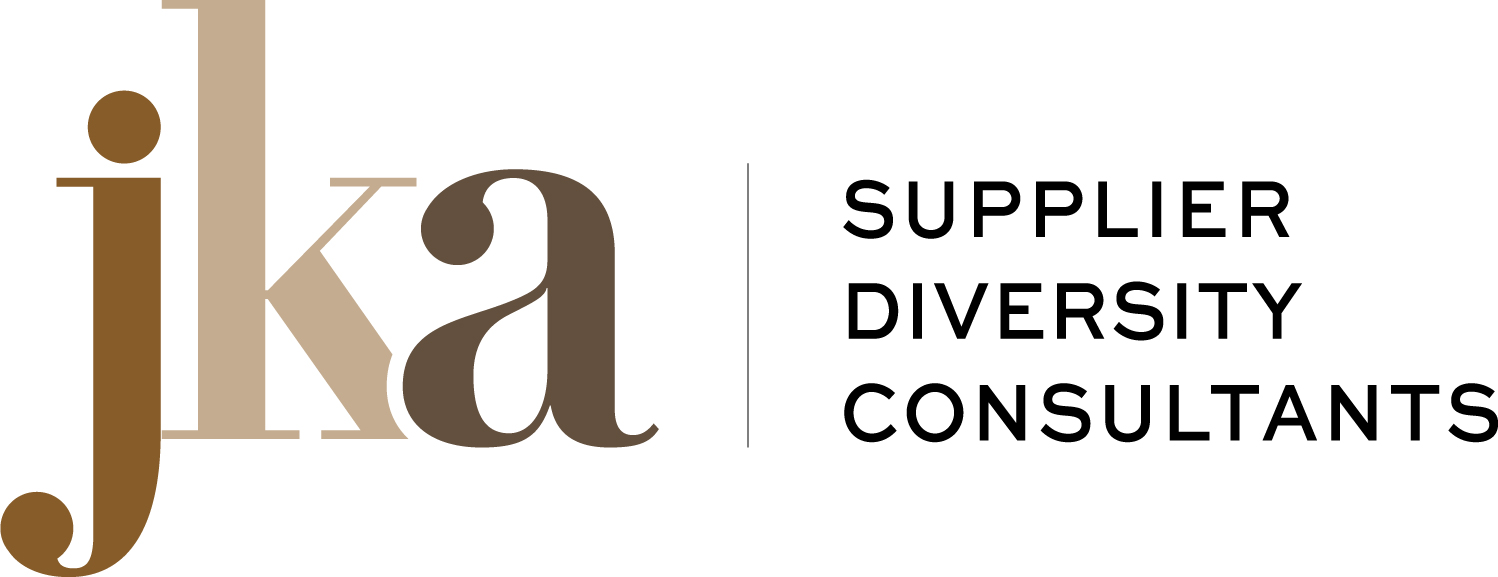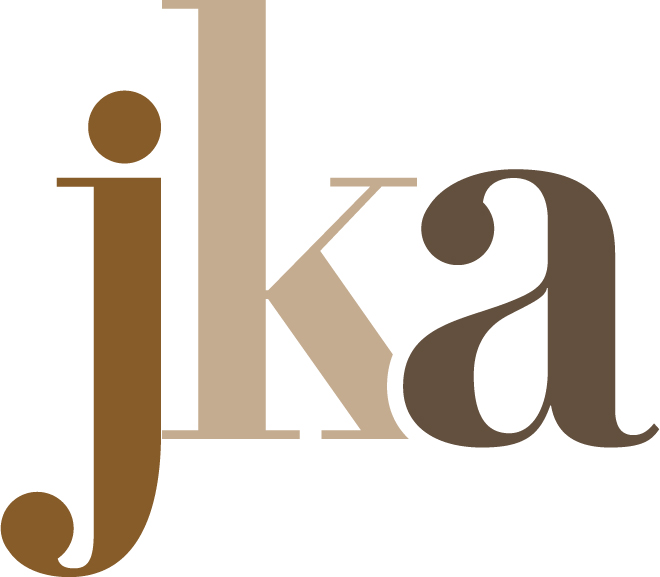I remember how overwhelming it was to bid on a government project for the very first time.
There was SO much to go through! It was super easy to feel overwhelmed by the entire process, especially when I ran into one of the densest and most confusing parts of the bidding package: Project Labor Agreements. Once I started to understand the terminology and types of agreements, however, bidding on NYC municipal contracts became much easier!
A project labor agreement (or PLA) is essentially a contract that all parties (the owner and labor organizations/unions) enter into to determine the use of labor, including payments and benefits, for a project. In the case of the City of New York, all potential contractors who are bidding on a project must agree to the terms of the PLA as part of the process. This also applies to all subcontractors who end up working on the project. And I’m not going to lie; it’s a pretty big decision to make!
Whether you are bidding on a state or municipal project, it’s vital that you go through the details of the PLA attached. Each PLA is specific to the project that it governs, with its own terms and conditions. Don’t assume that every PLA is the same when you are planning your bid, as even if they look superficially the same, a single distinct condition could dramatically change a project.
Generally, a PLA will determine the regular working hours, overtime allowance, required benefit payments, labor rules, and all other rules governing the use of labor on a project. Having one can have significant benefits that can save money and clarify the rules that govern a project. For example, having one in place will allow owners to have both union and non-union companies working on a single project.
There are, however, also potential drawbacks and risks associated with PLAs for MWBEs. For example, if you are still a small organization, you will likely need to pay your workers higher wages to comply with the PLA. You could also need to accept new workers into your labor force from the union. Plus, all bargaining will also be led by the unions on behalf of the labor on a project.
When you are bidding on a contract, the PLA will likely already be in place. The City of New York (or other government agencies) will have negotiated the agreement long before the bidding process. It typically involves The Building and Construction Trades Council of Greater New York, an organization made up of 15 local affiliates of national and international trade unions.
So, as the owner of an MWBE, why is it so important for you to understand project labor agreements? Well, today, most PLAs are negotiated with opportunities for MWBEs in mind. They offer increased flexibility that allows the employees and workforce of minority and women-owned business enterprises to gain valuable experience on city projects. With these opportunities, they can build their companies and help grow their communities, as they can continue to source from them throughout the project.
Many small business owners, especially ones who are new to bidding on government contracts, can find the process of sifting through the terms in a PLA to be confusing at best, baffling at worse. However, understanding these terms is a necessary part of putting in a responsive bid.
With that in mind, it’s obvious why you need to have a detailed understanding of how project labor agreements work before you can put in successful bids for government projects. On May 20th, 2021, from 10 AM to 12 PM, the NYC Department of Small Business Services will be holding a free webinar providing a general overview of Project Labor Agreements and how they are used on NYC Construction contracts. If you wish to attend, please register ASAP. We will send you a WebEx link 24 hours prior to the event.
If you’re a MWBE, a small business owner in the construction industry, a prime contractor or subcontractor, or a compliance & human resource manager, the Understanding Project Labor Agreements webinar is an ideal way to gain insights into how PLAs are used in government contracts! Be sure to register today!





